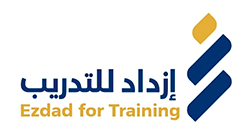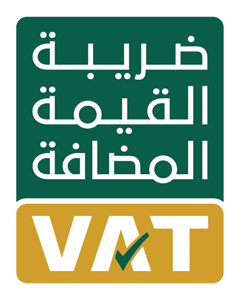At this stage, your English learning moves beyond basics to focus on practical application. You will develop a deeper understanding of complex grammar, enrich your vocabulary, and sharpen your communication skills to fit various contexts. Key skills include:
Using Conditionals and Modal Verbs to Express Possibility and Advice
Learn to use “if” statements and modal verbs like can, could, should, and must to talk about possibilities, give advice, and express certainty or doubt.
Understanding Idiomatic Expressions and Phrasal Verbs
Gain familiarity with common idioms and phrasal verbs that native speakers use daily, enhancing your ability to understand and participate in natural conversations.
Writing Formal Emails, Reports, and Essays
Build your writing skills for professional and academic purposes by learning how to structure emails, reports, and essays clearly and effectively.
Listening to Lectures, Presentations, and News Reports
Improve your comprehension of spoken English in more formal and structured contexts such as lectures and media broadcasts.
Participating Actively in Discussions and Debates
Practice expressing opinions, agreeing and disagreeing politely, and engaging in group discussions with confidence.
Enhancing Vocabulary Related to Professions, Education, and Travel
Expand your word bank with terms and phrases related to your career, academic life, and travel experiences, helping you communicate precisely and professionally.






